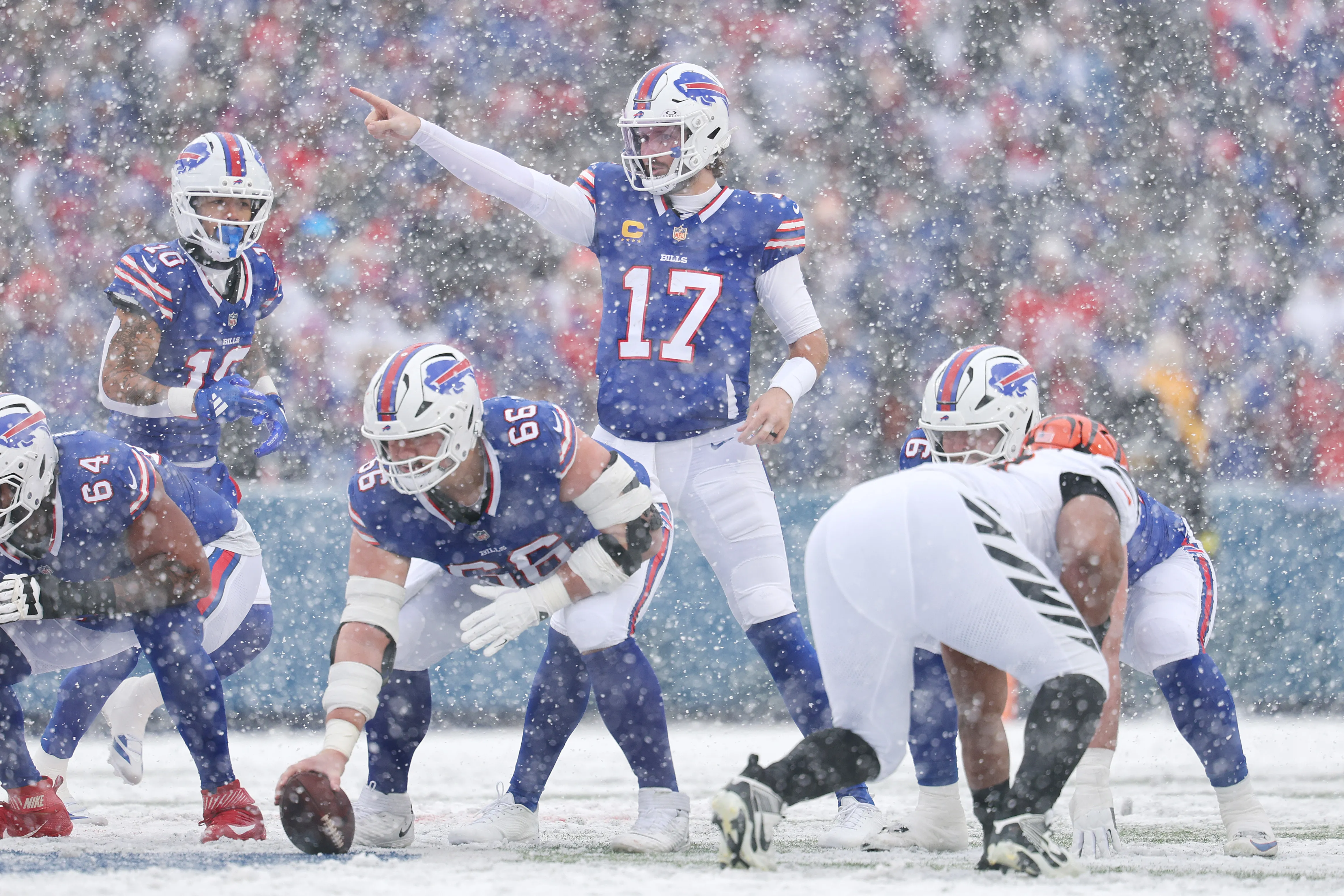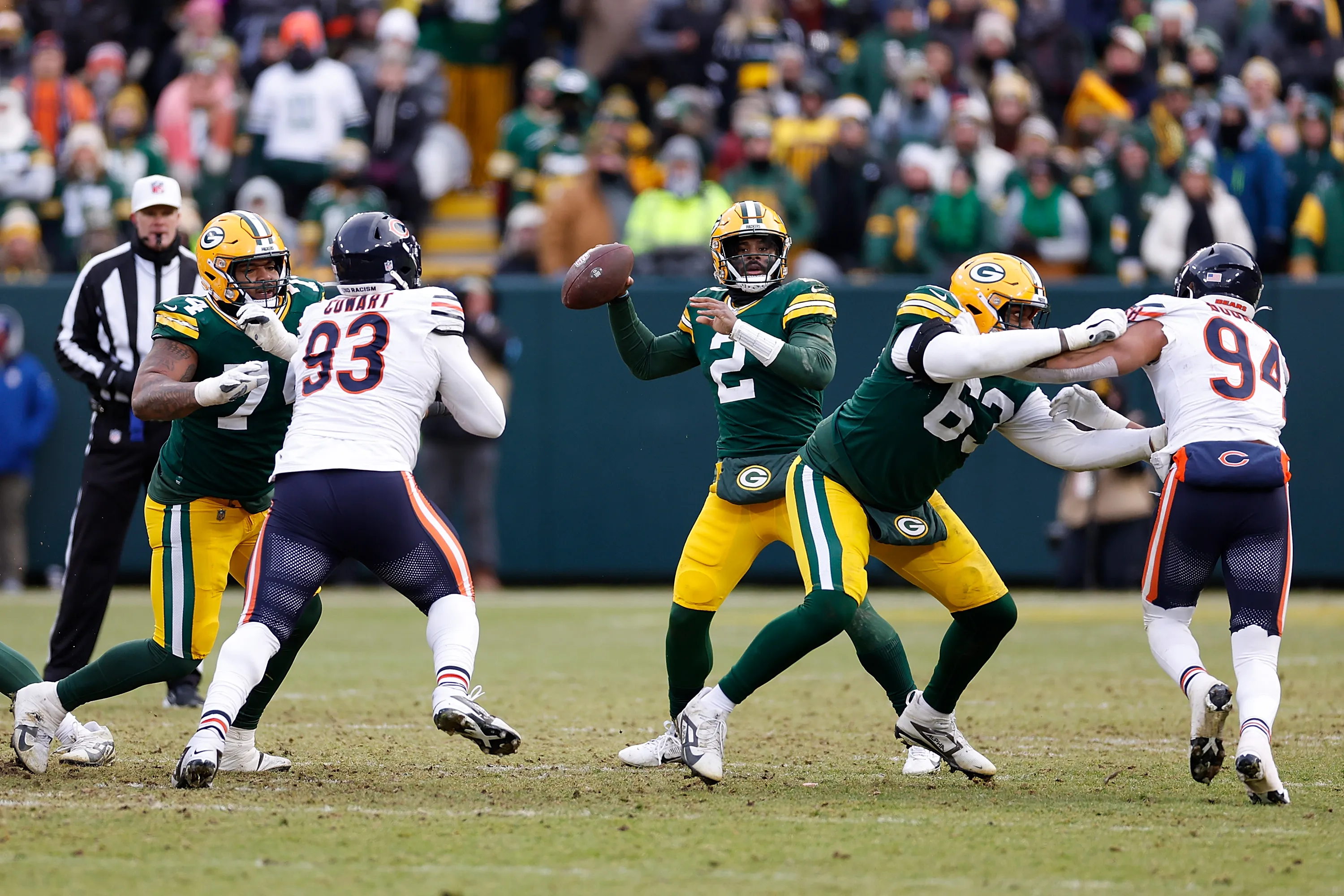You know what me and Earnest Hemingway have in common. We both received money for writing stuff. There are many other similarities, and a few differences as well, but I just wanted to share with you that me and one of the most highly regarded authors in American history are in the same boat. This is important because I want to share some of my personal favorite words that I’ve picked up on my journey through the English language, and felt the need to establish my credibility.
1. Gruntled (adjective)
You’ll often hear the word disgruntled to describe someone who’s unsatisfied with their situation. But you never hear anyone use the word gruntled. I promise you it’s in the English dictionary, and, believe it or not, it means the exact opposite of disgruntled. When you’re in a good mood, you are gruntled. Use this word the next time you’re asked how you’re doing, and have fun with the confused reaction you receive.
2. Chalant (adjective)
This works the same as gruntled. It’s counterpart, nonchalant, is a commonly used term, and yet there’s no love for chalant. Unlike gruntled, chalant isn’t found in the dictionary, but that doesn’t mean you can’t use it to talk describe something that is the opposite of nonchalant. Next time your boss is giving you problems for the job you didn’t do very well, tell them to stop being so chalant. If they tell you that’s not a word, disagree with them, but do it confidently. If they fact check you, key their car. I promise, you’ll have an intellectual high ground on him in no time.
3. Pip-squeak (noun)
What a wild thing to call someone. I heard one of my friend’s roommates use this term recently, and it totally caught me by surprise. I think the only time I ever heard this insult before was in movies that were made before I was born. How society ever let this term drop from the everyday vocabulary is beyond me. It makes whoever you call it feel like a child. It’s unexpected, whimsical, and wildly dismissive. I haven’t used another word to belittle my friends in weeks.
4. “The F Word”
What is there to say about “the F word” that hasn’t already been said. It’s just about the most versatile word there is. It can be used as a noun, adjective and all of the other ones too. Notice, however, I write “the F word” instead of spelling out the word itself. Our boss recently mentioned George Carlin’s Seven Words You Can’t Say on Television to myself and the other writers, and now I’m not supposed to publish that word. Which if you ask me, is totally fricked up.





